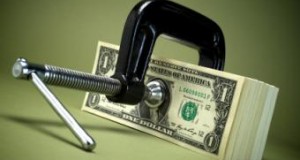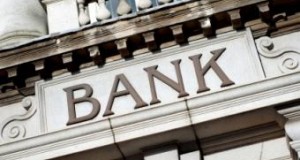Perpetual Wall Street enemy Senator Elizabeth Warren has introduced a new bill that purports to relieve taxpayers of the losses incurred from derivates trading and pass it on to Wall Street investors.
Read More »Will the CFPB Director be Clinton’s Running Mate?
Ohio native and head of the CFPB Richard Cordray is not formally on Hillary Clinton's list for vice president. But some Democrats think he should be.
Read More »The Week Ahead: What Does the Fed Have Up Its Sleeve?
A June rate hike was widely expected but did not occur. Now with the Brexit vote, some are suggesting it is going to be a while before the Fed raises long-term interest rates.
Read More »HUD Study Finds Homebuyer Education Pays Off
HUD cited improved mortgage literacy, greater appreciation for communication with lenders, and improved underwriting qualifications among the positives.
Read More »Morgan Stanley’s Capital Plan is Close, But. . .
Morgan Stanley Chairman and CEO James Gorman said that the investment banking firm is “committed to addressing the Fed’s concerns about our capital planning process and fully expect to meet their requirements within the established timeframe.”
Read More »Is GE Capital Too Big to Fail? Not Anymore
The FSOC reversed its determination that “material financial distress at [GE Capital] could pose a threat to U.S. financial stability.”
Read More »Monitor: Citi Makes Progress in Paying Settlement Debt
The bank agreed to pay $2.5 billion in consumer relief as part of a $4 billion settlement over RMBS in July 2014.
Read More »Bank Regulation: Is it for Better or for Worse?
Are the post-crisis liquidity regulations for banks helping the financial system, or will they lead to another crisis? it depends on whom you ask.
Read More »Brexit Triggers Caution, But Could Benefit U.S. Homebuyers
The U.K. voted 52 percent to 48 percent to leave the European Union‒‒the much anticipated, but also much feared “Brexit”‒‒in a move that has had immediate effects on global and American markets.
Read More »Stress Tests? No Problem for These Banks
The nation's 33 largest bank holding companies were tested for their ability to lend under severely adverse economic scenarios that include an increase of 5 percentage points in the unemployment rate.
Read More » theMReport.com Your trusted source for mortgage banking news
theMReport.com Your trusted source for mortgage banking news








